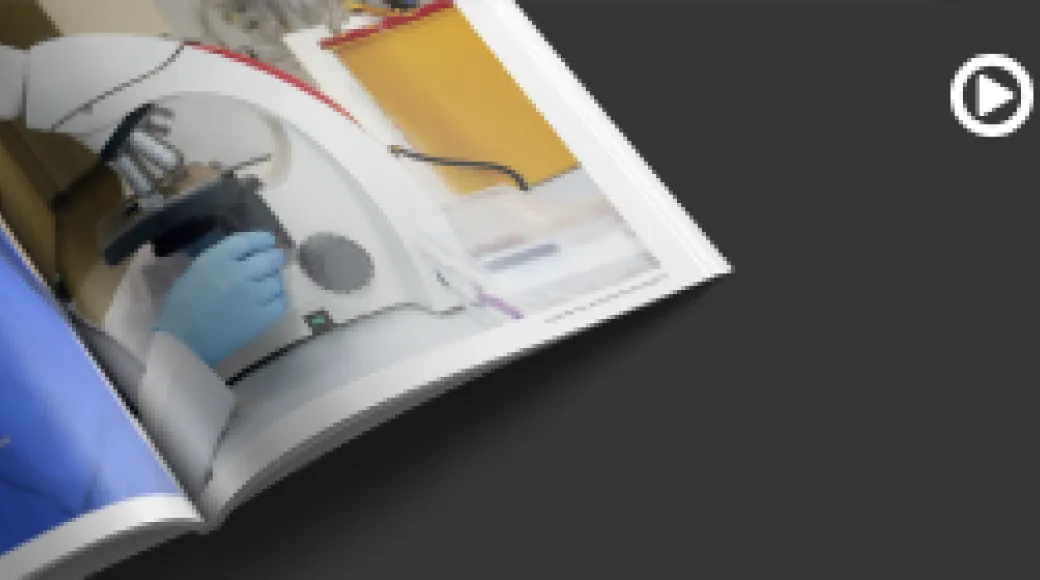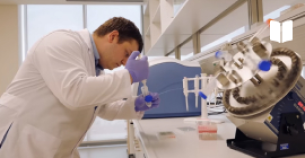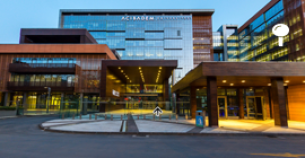One of the aims of ACU Biobank is to encourage as many researchers as possible to use research resources to conduct health research for the public welfare. Thanks to this approach, it will be possible to make discoveries that will change our knowledge and perspective about why diseases occur in some people and not others, thereby helping to identify ways to prevent and treat a wide variety of diseases in the future.
For full details on Biobank's access policy and how project requests are processed, please contact ACUTAB directly.
Yes, for certain research areas it is possible to initiate prospective collections of human samples according to certain exclusion and inclusion criteria. ACU Biobank also has the potential to be a central storage facility for major projects such as the ones supported by TUBITAK and/or EU.
Yes, ACU Biobank operates according to "Standard Operating Procedures" (SOPs). This ensures that samples are collected, processed, and stored in accordance with standardized and quality-assured operations.
In the ACU Biobank application process, the cost calculation for each project is made separately, considering the requested services. For more information on cost, please contact ACUTAB directly.
The processes related to sample/data access and transfer from ACU Biobank are explained in detail on the Biological Sample Use Request section. For more detailed information on the subject, please contact ACUTAB directly.
Biobanking may involve one or more of the following transactions:
- Accrual and approval of participants.
- Collection and processing of biospecimens.
- Storage of biospecimens and biological data.
- Management of data storage.
- Sharing and distribution of biospecimens and biological data.
All research involving biological samples/data requires ethical examination. According to the laws of the Republic of Turkey, the biobank itself needs ethical approval. Therefore, biobanks commonly apply for ethical examination at the institutional level. There are ethical and privacy laws that shape the ethical situation.
Yes, there are both national and international organizations. BBMRI and ISBER can be given as examples.
It is stored as specified in the standard operating procedures (SOP) belonging to ACU Biobank. Storage conditions can be summarized as follows:
- DNA is stored in -20˚C cabinets for short-term storage and -80˚C cabinets for long-term storage.
- RNA, protein, blood plasma, PBMC, and serum samples are stored in -80˚C cabinets.
- Health information is stored in an anonymous digital environment independent of biological samples/data. In this context, the personnel in the biobank; will assign a code number to your samples/data and health information. Your name, medical record number, or other information that easily identifies you will not be stored with your samples or health information. The key to the code will be stored securely and indefinitely in a separate computer file that can only be accessed by certain study personnel.
You have the right to withdraw your consent at any time. If you do, your samples and information will be destroyed. However, it will not be possible to destroy the samples and information previously given to the researchers.
It can be used in clinical and/or R&D researches accepted by the Scientific Advisory Board of ACU Biobank. In addition, these researches are expected to be supported by a secondary institution (TUBITAK, TUSEB, etc.).
The main risk of allowing us to use your biological samples/data and health information for research may be a potential loss of privacy. To prevent this, we protect your privacy by coding your samples/data and health information. There are biobank ethical procedures that can help protect your privacy, as well as the Personal Data Protection Law of the Republic of Turkey (KVKK). This law prevents the processing, transfer to another place/institution/person and storage of data without the explicit consent of the person. It also ensures that the processed data is anonymized and not related to the person. Therefore, we do not believe that sharing your samples/data and other information with other researchers will pose any further risk to your privacy. However, it is unpredictable how such information may be used in the future through new technologies.
Researchers who apply to the ACU Biobank Unit with appropriate permissions can use your samples. They will not have any information about your personal data, only anonymized biological samples/data with a code.
While there are no direct benefits to participants/patients from participating in the ACU Biobank, one's participation is invaluable for better understanding, treating and even preventing diseases that affect loved ones, future generations and/or the wider community. In the event that researchers find important results related to the individual's health, they will be able to directly benefit from the research conducted on their samples/data stored in the biobank. Results on DNA and other biomarker changes can help the person's health care provider to take better care of them. Also, a health condition that is predicted to be revealed may be prevented. This can help participants/patients to receive better treatment and/or more appropriate medication.
No, the researcher, individual(s) and/or institution will not be paid for biological samples/data.
The collected samples/data retain their value for future research and are stored indefinitely.



